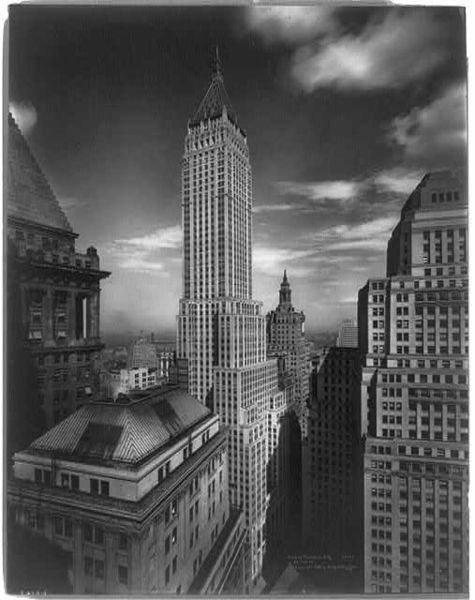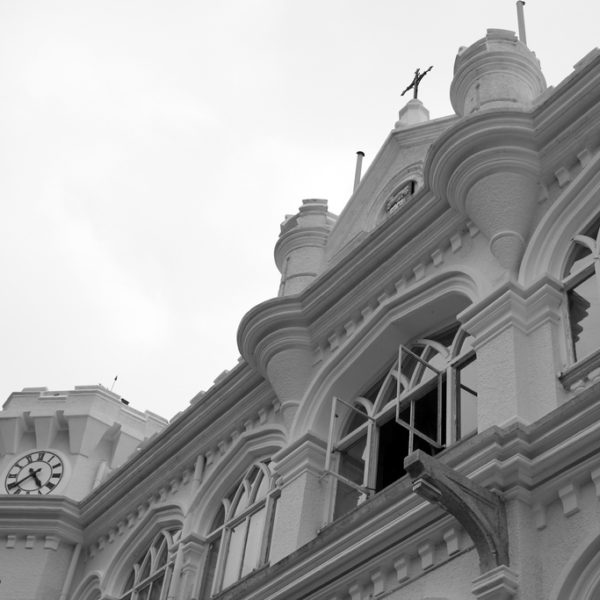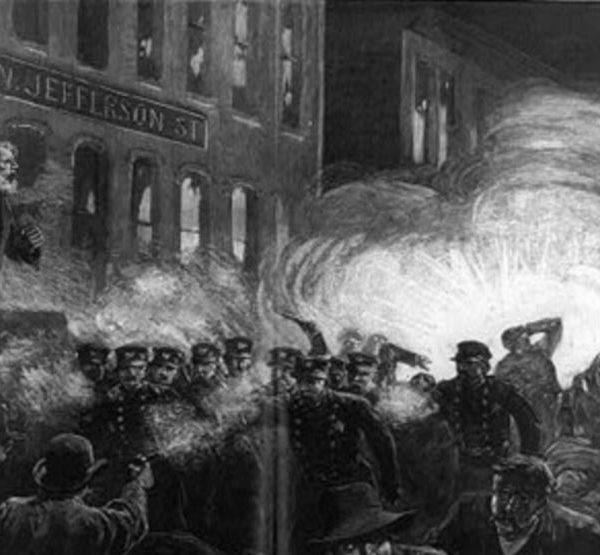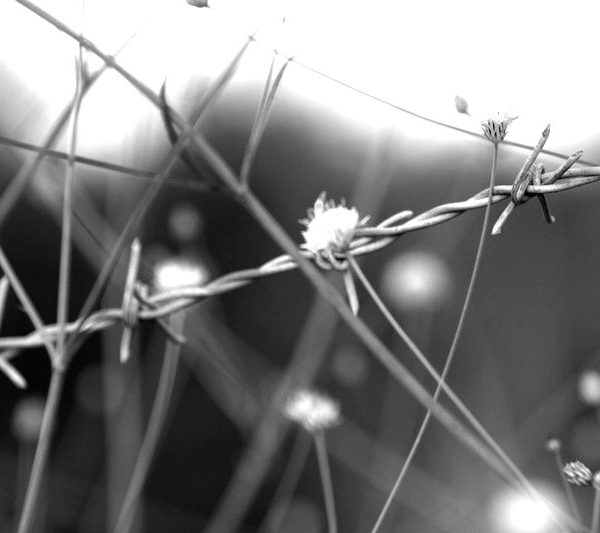
Vincent Lloyd on James Cone, Ilsup Ahn on Labor, Immigration and Forgiveness, Silas Morgan on Ideology and liberation, and so much more.

Democracy is in crisis. Or, or more significantly, liberal democracy is in crisis. So writes Philip Coggan recently in The Economist, the Western world’s foremost punditocratic commentary on the shifting social, cultural, and political terrain that goes by the slippery name of “globalization”.

During the late 1920s, as the world economy careened headlong toward an economic disaster that would soon befall it, a group of European thinkers and critics steeped in both German idealism and Marxist activism converged on Frankfurt, Germany to provide identity and notoriety for the recently established Institute for Social Research at the university there.
Within time, the assemblage of now famous philosophers and cultural theorists associated with the institute, such as Juergen Habermas, Max Horkheimer, Walter Benjamin, Herbert Marcuse, and Erich Fromm, came to be known as the Frankfurter Schule (“Frankfurt School”).
Under the pretense of talking about pirate theology, Peter Rollins, Kester Brewer and Barry Taylor gathered to discuss “radical theology” at Fuller this month. Rollins, in particular, analyzed the intersection between psychoanalysis and theology, arguing that Christians need to experience doubt like Jesus on the cross, asking God, the father, “My God, my God, why have you forsaken me?” After much contrived discussion, the panelists concluded that radical theology will lead to the death of Christianity as a religion in order that a new manifestation of Jesus-following might emerge. While I sympathize with Rollins and co.’s intentions, I am not certain how radical theology’s psychoanalytic approach relates to non-western contexts. Moreover, their assessment of radical theology’s (read: Emergent Church) role in church history falls victim to the same dialectical trap that Rollins critiques in his work…

